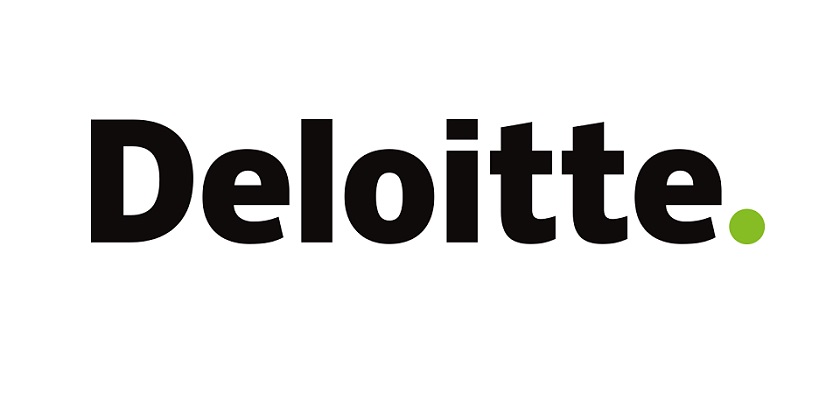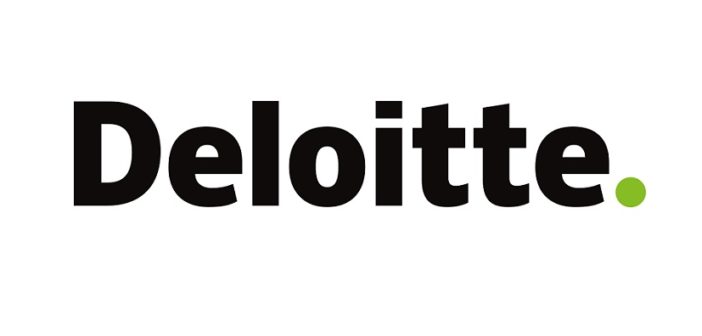
Australian business unprepared for 2018 Modern Slavery Act
One of the unexpected findings in Deloitte’s 2018 Annual Review of the State of CSR[1] in Australia and New Zealand[2] report was how unprepared Australian business appears to be for the imminent introduction of the Modern Slavery Act 2018. This is despite the fact that some 4,300 people[3] were estimated to be enslaved in Australia in 2016.
In all 1107 respondents[4] answered survey questions about how their organisations manage their corporate social responsibility (CSR) capabilities[5] which focuses on how well they engage with their customers’, clients’, employees’, service providers etc.
Only those who worked in CSR-related roles answered questions about their organisation’s priorities in CSR, and how it contributes to business innovation and drives business outcomes. They were also asked how ready they are for the impending Modern Slavery Act mid-year.
In this year’s report, the electricity, gas and water supply industries show stronger CSR management capabilities than 2017, up 8% to 82%. The information technology industry was last year’s best performer at 78%. Manufacturing improved from 73% to 81%, but higher education continues to lag at 68%, up only slightly (66%) from 2016.
However, it was in the sense of social accountability which was the worst performer – although showing the best growth in CSR capabilities up 22% to 58% (just over half). This mirrors the rise in sustainability reporting over the last decade. “Social accountability remains the weakest CSR capability overall, 18% lower than the strongest capability, stakeholder engagement (86%),” Dr Leeora Black, Principal Sustainability Services at Deloitte and the report’s co-author said.
“We spoke with more than 1000 individuals involved in corporate social responsibility[6] from leading organisations in Australia and New Zealand and were surprised to find even the most senior executives in this increasingly important space, show a relatively low awareness of the likelihood of modern slavery in their supply chain.”
This is despite last year’s findings that modern slavery is pervasive in corporate supply chains in all regions of the world, generating US$150 billion of illicit profits a year[7]. “Modern slavery has become a massive problem,” Dr Black explained. “It’s an unwanted by-product of globalisation through our need to move things around the world, and it can and has resulted in underpricing a key resource – labour.”
Paul Dobson, report co-author and Partner Sustainability Services Deloitte said: “A recent Parliamentary Inquiry[8], found slavery and slavery-like practices in Australia in areas including hospitality, agriculture and construction industries, as well as the sex industry and in family relationships.”
Sex trafficking and domestic slavery comprising around half Australia’s Modern Day slaves. “Other ‘modern slaves’ may be caught up in bonded labour which may occur in the agriculture industry, such as seasonal workers, or in the construction industry through complex contracting-out.
“Indirectly, modern slavery and the increasingly blurry area of “slave” and/or a “living” wage is embedded deep in the complex electronics, telecommunications, and retail industries supply chains,” Dobson said.
Dr Leeora Black said: “Exploitative labour practices are on a continuum, but the law isn’t.”
Expecting to see Australia’s draft Modern Slavery legislation before the middle of the year, Dr Black said: “The time to act is now. Businesses need to start examining the risk in their operations and supply chains.
“They can’t be complacent and assume that this risk doesn’t happen in their business. Our experience is that it is more than likely to. There is a new level of cooperation and collaboration necessary, where teams dedicated to procurement, sustainability, legal and compliance all need to work together.”
Dobson said from a sustainability perspective there are a number of forces across social and human rights including climate change and its impact, that businesses also need to action. “The challenge is the pace of change and increasing expectations of stakeholders that their promises are being delivered on. Whether those promises are social and employment expectations, ensuring that their products and services add value and can be trusted, or responses to climate change and managing climate risks.
“Millennials in particular have high expectations around corporate social responsibility and in the Deloitte 2017 annual Millennial Survey, some 8500 tertiary educated and fulltime employed Millennials want the businesses they work for to focus more on people, products and purpose, and less on profits. For a cohort that will comprise 75% of the workforce in Australia by 2025 – this is an important lead indice.”
In this year’s Deloitte 2018 Human Capital Trends, 84% of Australian businesses recognise the intensifying call to action to serve a social purpose, citing corporate citizenship as important or very important, yet only 23% of Australian respondents say social responsibility is a top priority reflected in their corporate strategy. More than half (53%) say it is not a focus for them.
Dobson said: “Businesses need to focus on securing social licence to survive and prosper as expectations evolve.”
Dr Black affirmed that the appetite to understand corporate responsibility and social licence is increasing. “When I started in the field some 30 years ago, people were hardly aware of such issues. Now ASX200 organisations deal with these issues at board level. As the size and complexity of the challenge grows even faster. I always feel a sense of urgency to take a closer look, think more deeply and take more action.”
More commentary
- Dr Black leads a social sustainability team within the broader 50-strong sustainability and reslience team at Deloitte.
- This is the 10th anniversary of the report in association with report sponsors including Macquarie University, La Trobe Business School, Massey University, the New Zealand Sustainable Business Council and Wright Communications.
- The report outlines how new business models can help deal with these issues, particularly the need to increase people’s understanding and attitude, as well as the interconnectivity between business and the environment that we impact both directly and indirectly.
The report measured employees’ assessment of their firm’s take-up of the 4 management practices that are basic to CSR success: stakeholder engagement, integrating stakeholder values into decision-making, having genuine dialogue with stakeholders, and accountability for social impacts.
[1] CSR is defined as organisational practices that address the impact of an organisation on business, society and the environment or seek to create positive societal value through core business. In this report, CSR and sustainability are used interchangeably.
[2] The Review of the State of CSR in Australian and New Zealand is the largest ongoing study of organisational corporate social responsibility (CSR) practices, trends, and capabilities in Australia and New Zealand.
[3] Global Slavery Index
[4] 1,107 people Australia and New Zealand employees completed an online survey between 7 November – 22 December 2017.
[5] The report measures employees’ assessment of their firm’s take-up of 4 management practices basic to CSR success: stakeholder engagement, integrating stakeholder values into decision-making, having genuine dialogue with stakeholders, and accountability for social impacts.
[6] CSR is defined as organisational practices that address the impact of an organisation on business, society and the environment or seek to create positive societal value through core business. In this report, CSR and sustainability are used interchangeably.
[7] Modern Slavery in Company Operations and Supply Chains, Report by the Business and Human Rights Resource Centre and the International Trade Union Confederation, September 2017
[8] Australian Government Parliamentary Inquiry: Hidden in Plain Sight: https://www.aph.gov.au/Parliamentary_Business/Committees/Joint/Foreign_Affairs_Defence_and_Trade/ModernSlavery/Final_report
About Deloitte
Deloitte provides audit, tax, consulting, and financial advisory services to public and private clients spanning multiple industries. With a globally connected network of member firms in more than 150 countries, Deloitte brings world-class capabilities and high-quality service to clients, delivering the insights they need to address their most complex business challenges. Deloitte’s approximately 225,000 professionals are committed to becoming the standard of excellence.
About Deloitte Australia
In Australia, the member firm is the Australian partnership of Deloitte Touche Tohmatsu. As one of Australia’s leading professional services firms. Deloitte Touche Tohmatsu and its affiliates provide audit, tax, consulting, and financial advisory services through approximately 6,000 people across the country. Focused on the creation of value and growth, and known as an employer of choice for innovative human resources programs, we are dedicated to helping our clients and our people excel. For more information, please visit our web site at www.deloitte.com.au.






